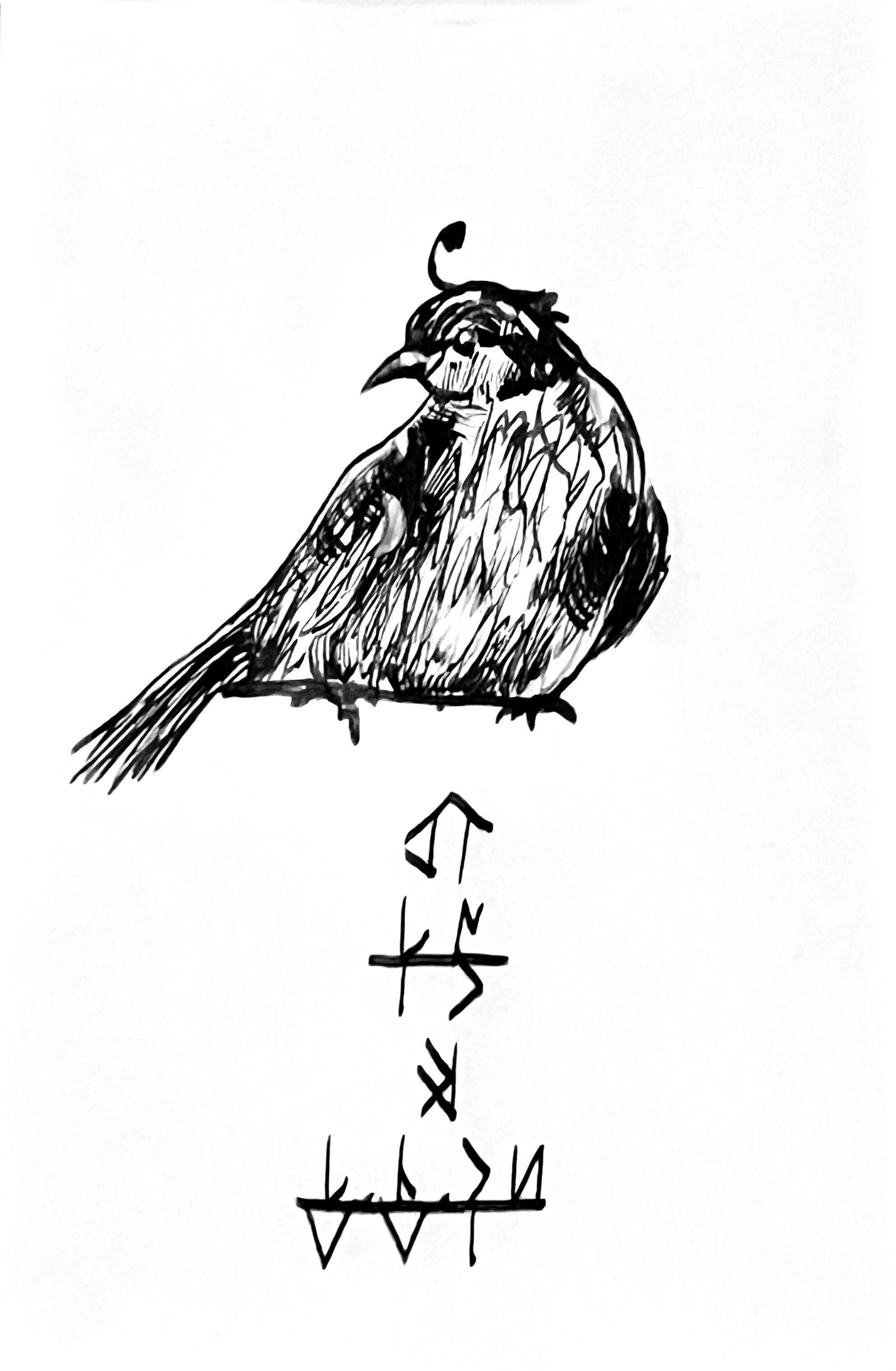A notification from the Times stunned me into awareness from an afternoon nap with its deadpan delivery of crushing news: “David Lynch, avant-garde filmmaker, dies at 78.”
I’ve written about Lynch and his work on several occasions: most notably, I reviewed his 2019 exhibition, Squeaky Flies in the Mud, at Sperone Westwater for Hyperallergic. I had the privilege of meeting Lynch during the show’s opening reception. I wish I could say that we had a deep conversation about the nature of creativity, but we briefly talked about furniture and whether one of the lamps in the exhibition had been used as a prop in Twin Peaks: The Return or not.
More recently, I wrote about how Lynch ended Twin Peaks: The Return for Digitally Downloaded. I hadn’t imagined that this would be the ending not only of Twin Peaks, but of Lynch’s cinematic oeuvre. A state of confusion, a scream, and the lights cut out. The end.
Aside from Twin Peaks, the Lynch film that affected me the most was Blue Velvet. In his autobiography, Lynch wrote about filming Blue Velvet after the commercial and critical failure of Dune, a quote that resonates with me and my present life situation:
“After Dune I was so far down that anything was up!
So it was just a euphoria.
And when you work with that kind of feeling, you can take chances. You can experiment.”
— David Lynch
When I started outlining The Vaster Conspiracy, I wanted the viewpoint character to be an art and artifact counterfeiter, but I didn’t want his motivation to be solely financial. I wanted his life and career to have a hidden layer lurking beneath the surface, something that bubbles up at the most desperate and inconvenient moments, motivating him beyond the mere acquisition of funds.
Two coincidences turned Vaster Vrain into the character he is now. The first was a placeholder line that I wrote in the first draft without even thinking about it:
“Following a twisting hallway that had recently been repainted bile green in a failed attempt to hide generations of graffiti, Vaster took his keys out of the side pocket of his steel-colored Rasalhague suit pants and pushed on the door to an apartment. It swung open.
’Lexie? You still alive?’ Vaster slammed the door shut and clicked the locking mechanism in a single motion and threw his keys back in his pants pocket. ‘Didn’t burn the place down yet?’”
I never intended for that last line to have any deeper meaning than a snarky throwaway comment, but as Lynch would have put it, I had caught an idea on the hook, and as the draft developed, I reeled it in. It ended up being a big one.



